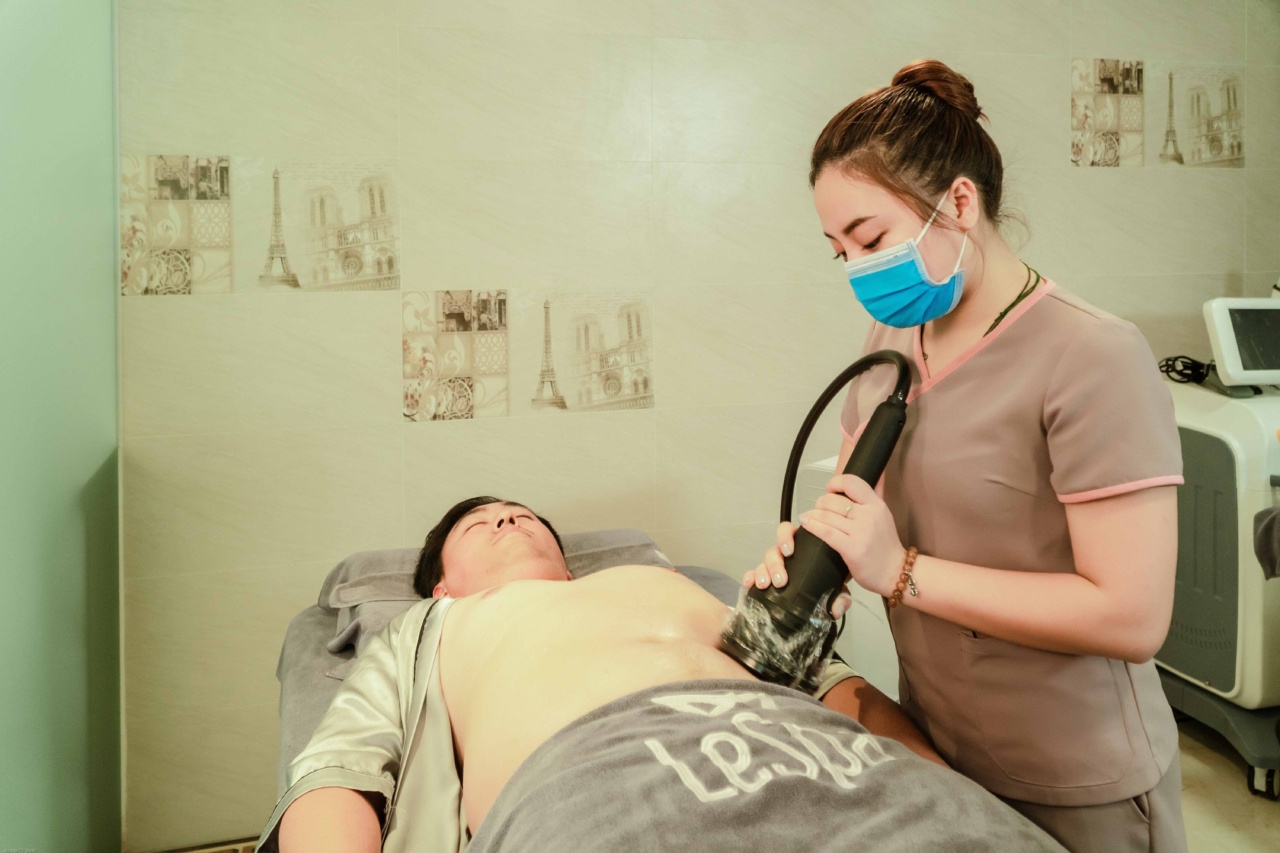Genital tingling can be a concerning sensation that affects both men and women. It refers to a tingling, prickling, or pins-and-needles feeling in the genital area.
It may occur spontaneously or persistently, and can be accompanied by various other symptoms. In this article, we will explore the causes, symptoms, and treatment options for genital tingling.
Causes of Genital Tingling
There are several possible causes for genital tingling. Some of the most common ones include:.
1. Sexual Arousal
Feeling a tingling sensation in the genital area is a normal and common response to sexual arousal. It is caused by increased blood flow to the genitals and heightened nerve sensitivity.
This type of tingling typically resolves once sexual stimulation ends.
2. Nerve Irritation or Damage
Nerve irritation or damage can lead to genital tingling. This can be caused by various conditions, such as:.
- Herpes: Genital herpes, a sexually transmitted infection, can cause tingling sensations along with blisters and pain.
- Sciatica: Compression or irritation of the sciatic nerve, which runs from the lower back down to the legs, can sometimes cause tingling in the genital area.
- Diabetic neuropathy: People with diabetes may experience nerve damage, leading to tingling sensations in various parts of the body, including the genitals.
- Multiple sclerosis: This autoimmune disease affects the nerves and can cause tingling, numbness, and weakness in different areas, including the genitals.
3. Allergic Reactions
Some individuals may experience genital tingling as a result of an allergic reaction to certain products, such as soaps, detergents, or latex. The tingling may be accompanied by redness, itching, or swelling in the genital area.
4. Hormonal Changes
Hormonal fluctuations, such as those occurring during menopause or pregnancy, can lead to tingling sensations in the genitals. These changes can affect nerve sensitivity and blood flow to the area.
5. Anxiety and Stress
Psychological factors, such as anxiety and stress, can have physical manifestations, including genital tingling. Stress and anxiety can cause increased muscle tension and altered nerve signaling, leading to unusual sensations in the genital area.
Common Symptoms of Genital Tingling
In addition to the tingling sensation itself, genital tingling may be accompanied by other symptoms, including:.
- Redness or inflammation in the genital area
- Itching or irritation
- Pain or discomfort
- Numbness or loss of sensation
- Unusual discharge
- Blisters or sores
Treatment Options for Genital Tingling
The appropriate treatment for genital tingling depends on the underlying cause. It is essential to consult with a healthcare professional for an accurate diagnosis and tailored treatment plan.
Some potential treatment options for genital tingling include:.
1. Medications
If genital tingling is caused by a specific medical condition, such as herpes or diabetic neuropathy, medications may be prescribed to manage symptoms and reduce tingling sensations.
2. Topical Treatments
Certain topical creams or ointments may provide relief for genital tingling caused by allergic reactions or irritation. These products can soothe the skin and reduce inflammation.
3. Hormone Therapy
For individuals experiencing genital tingling due to hormonal changes, hormone therapy may be an option. This treatment aims to rebalance hormone levels and alleviate associated symptoms.
4. Stress Management
Addressing anxiety and stress through techniques like therapy, relaxation exercises, and lifestyle changes can help reduce the occurrence and intensity of genital tingling caused by psychological factors.
5. Avoiding Triggers
If certain products, such as detergents or latex, trigger genital tingling, avoiding them is advisable. Identifying and eliminating potential allergens or irritants can help prevent future episodes.
When to Seek Medical Help
While occasional genital tingling may not necessarily indicate a serious condition, it is important to consult a healthcare professional if:.
- The tingling is persistent and does not resolve on its own
- Accompanying symptoms worsen or persist
- There are signs of infection, such as discharge or sores
- There is a history of sexual exposure to an infection, such as herpes
- There is a known underlying medical condition, such as diabetes or multiple sclerosis
Prompt medical attention can help identify the cause of the genital tingling and ensure appropriate treatment.





























